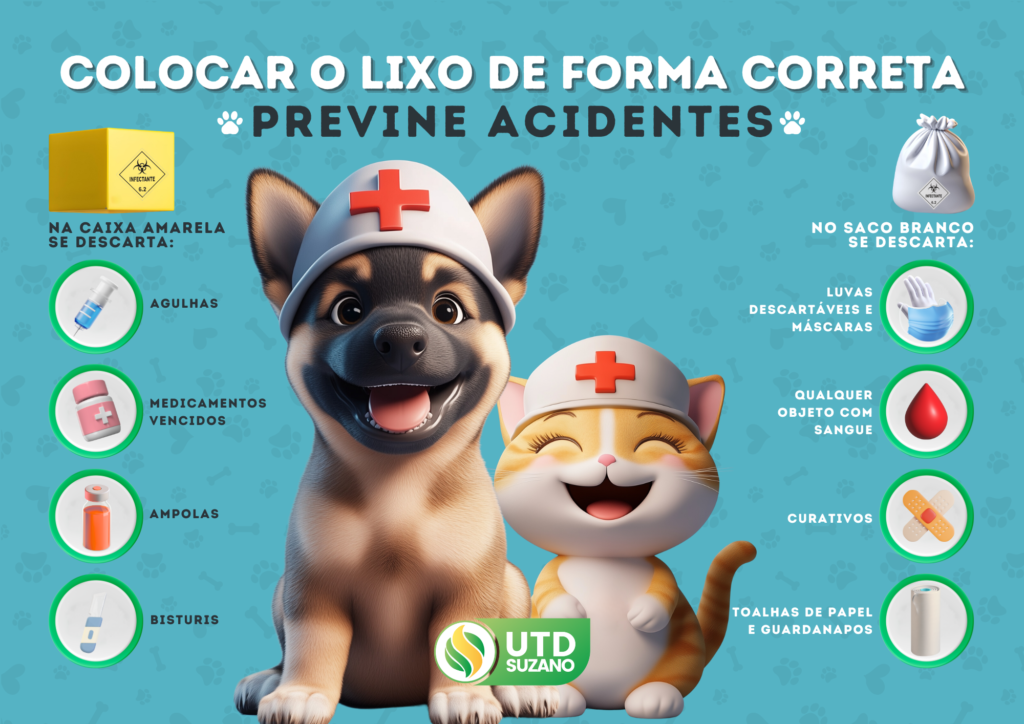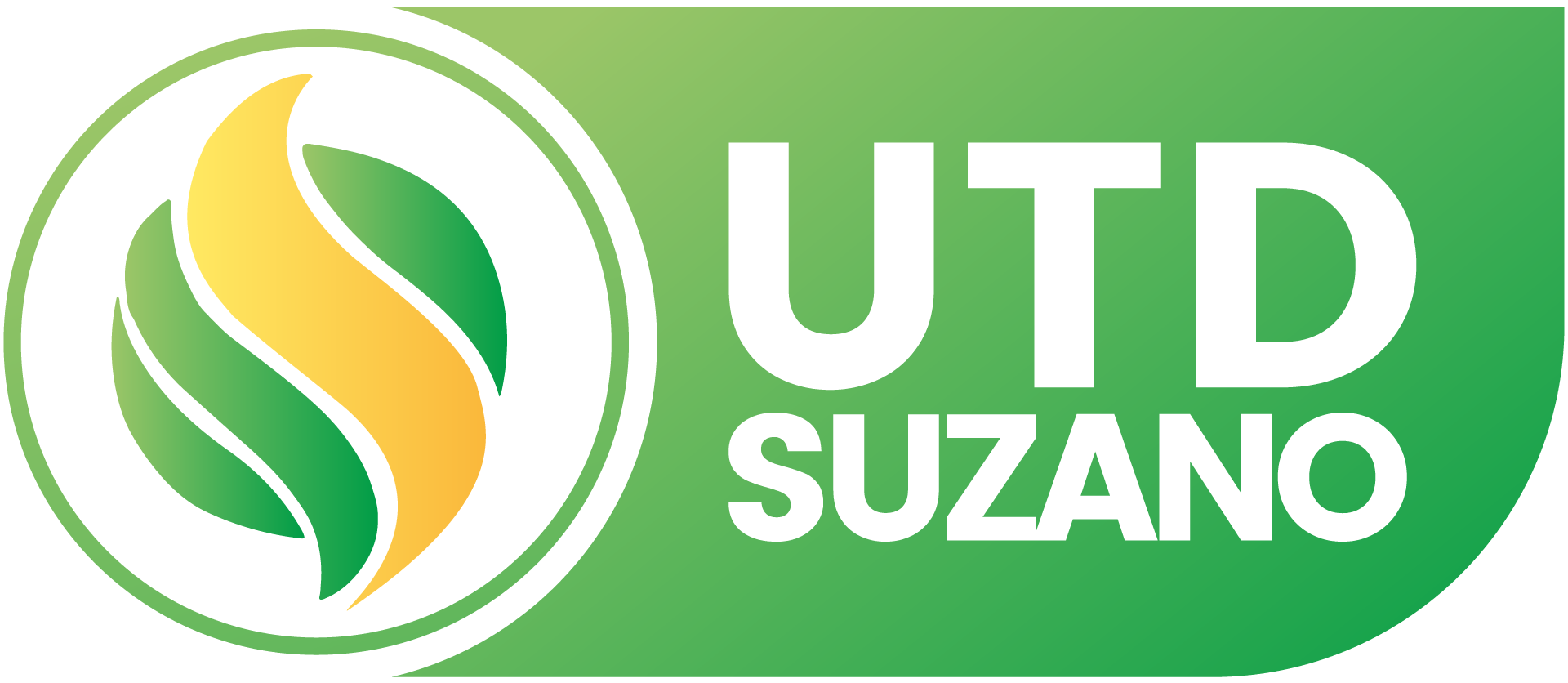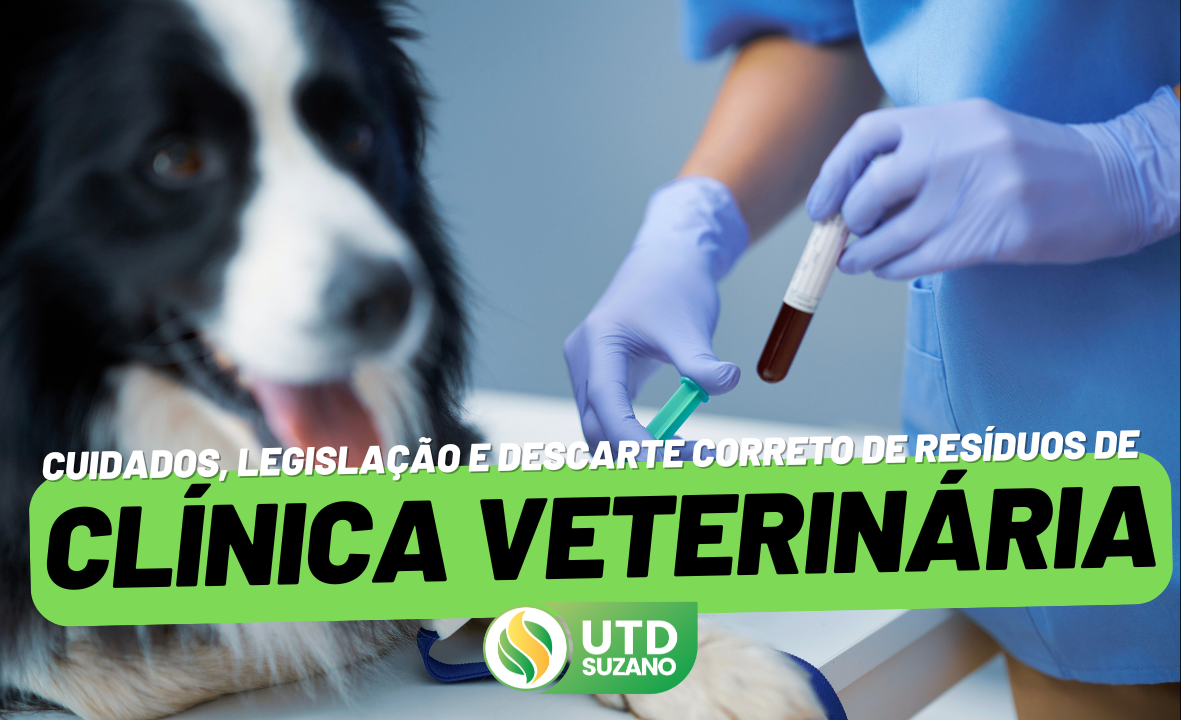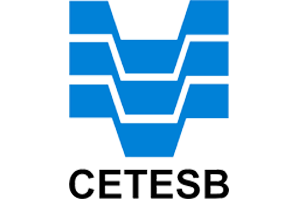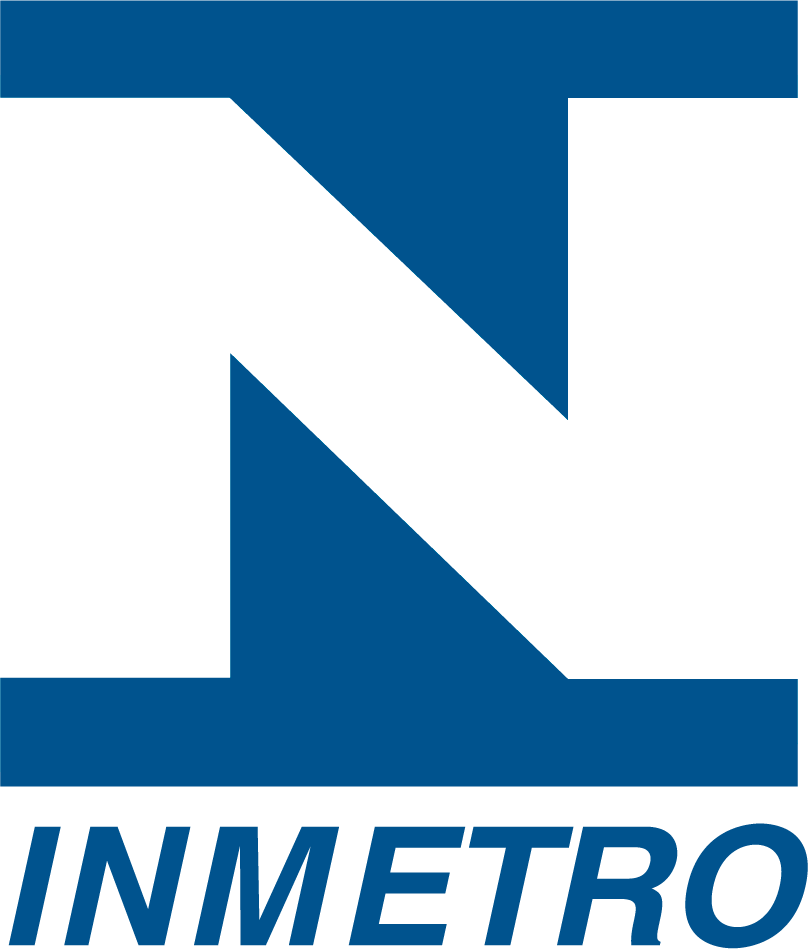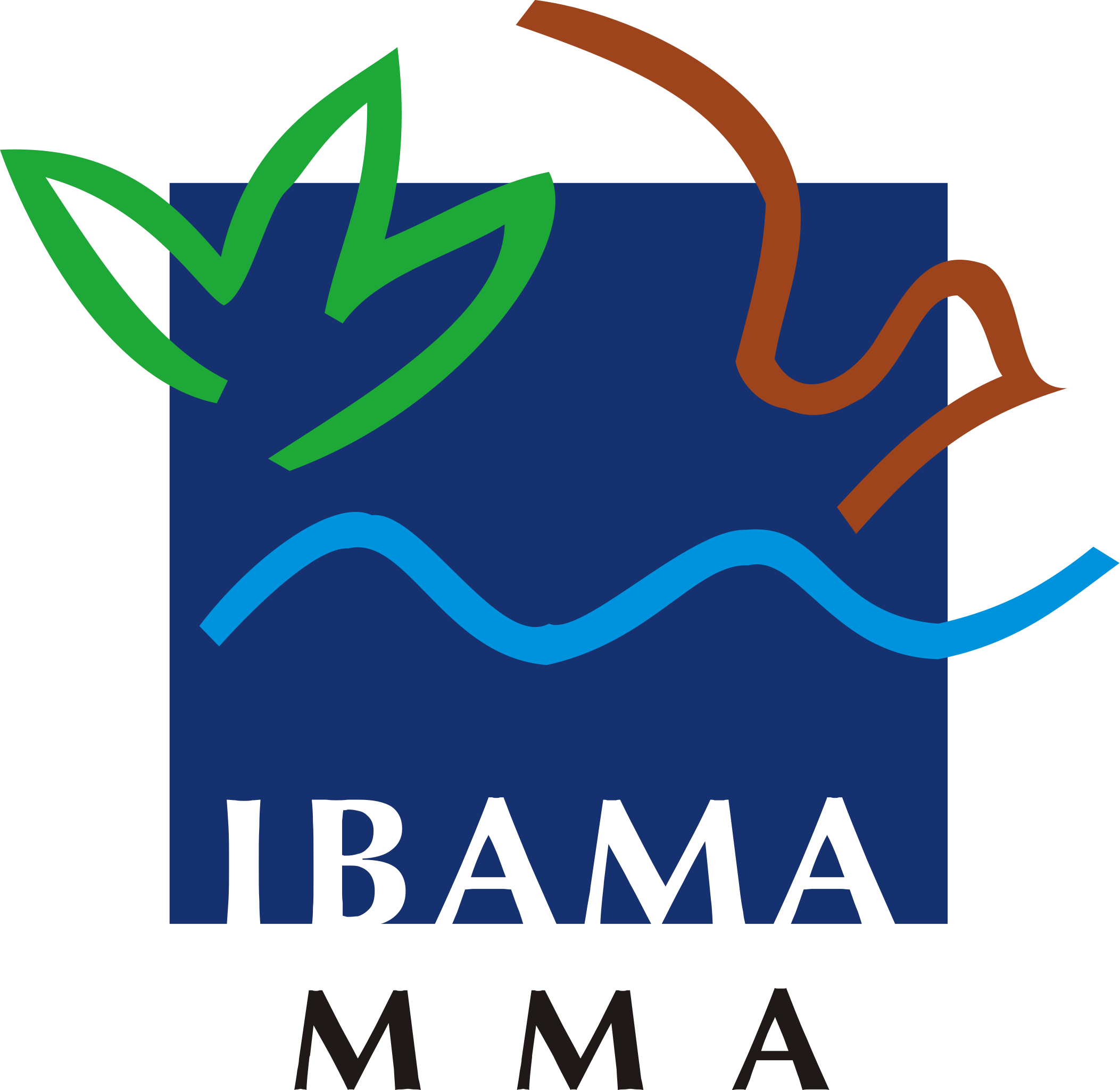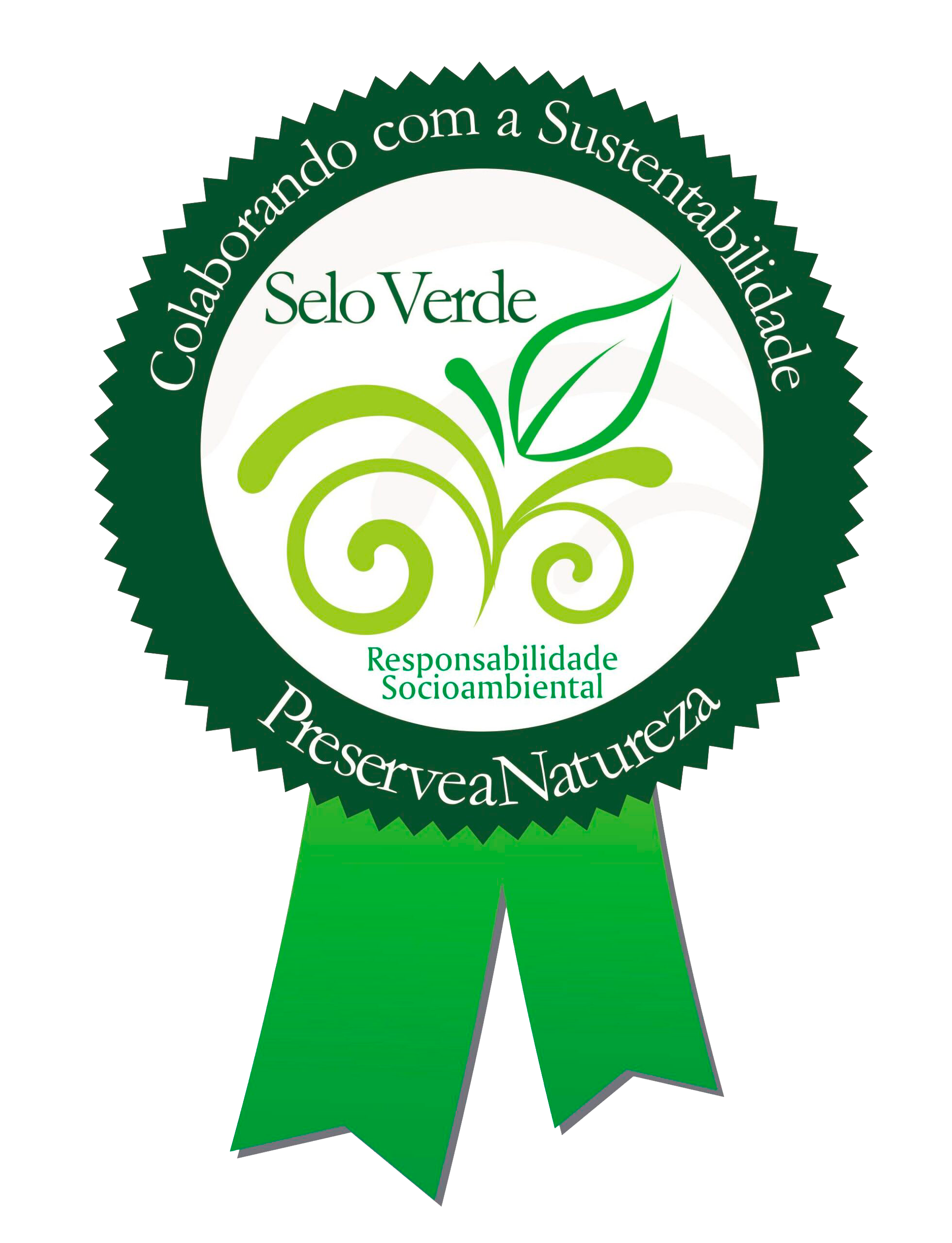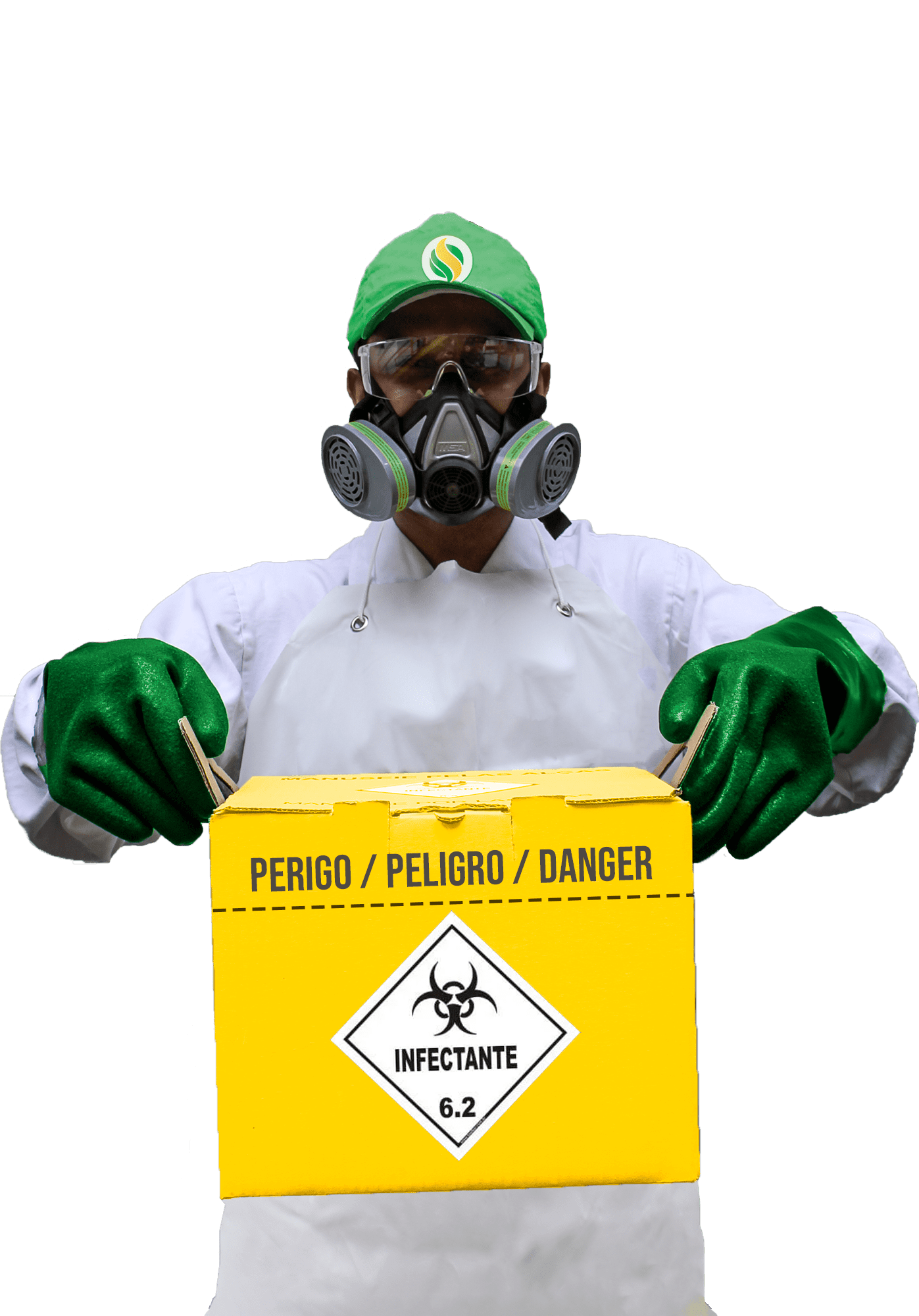Veterinary clinics are essential for animal care, yet they also generate a significant amount of waste that requires special attention in disposal. Many of these wastes are hazardous and can pose serious risks to public health and the environment if not disposed of properly. In this article, we will explain everything about the waste generated in veterinary clinics, the associated dangers, the laws that regulate proper treatment and disposal, and how to ensure the safety of everyone involved.
Dangers of Veterinary Clinic Waste
The waste generated in veterinary clinics includes materials such as syringes, needles, expired medications, and animal carcasses. If not handled correctly, these materials can be highly dangerous because they:
- May contain infectious biological agents that pose risks to human and animal health.
- Can cause injuries, such as improperly disposed needles.
- Can contaminate soil, water resources, and the air.
Inadequate waste management in veterinary clinics thus poses risks not only to the professionals and animals treated in the clinic but also to the surrounding community and the environment.
Legislation and Regulation
In Brazil, the disposal of veterinary waste is regulated by various laws that impose strict standards on how these materials should be treated. Among the main regulations, we can highlight:
- National Solid Waste Policy (PNRS) – Law No. 12,305/2010: Establishes general guidelines on waste management, including that generated in veterinary clinics. The law requires establishments to follow a waste management plan, including proper disposal.
- CONAMA Resolution No. 358/2005: Regulates the treatment and final disposal of healthcare waste, including veterinary clinics, stating that hazardous waste must undergo appropriate treatment before final disposal.
- ANVISA RDC No. 222/2018: Specifies how healthcare waste, which includes veterinary waste, must be segregated, packaged, transported, and treated to ensure the safety of all involved and the environment.
Types of Waste Generated in Veterinary Clinics
The waste generated in veterinary clinics can be classified according to the type of material and the risks they pose. Below is a complete list of the main waste types and the proper disposal methods:
- Sharps (needles, blades, syringes)
- Disposal: Yellow box (sharps collector)
- Biological Waste (tissues, organs, animal carcasses, materials contaminated with biological fluids)
- Disposal: Infectious white trash bag
- Expired or Contaminated Medications
- Disposal: Infectious white trash bag or return for incineration by a licensed company
- Contaminated Materials (gloves, gauze, protective clothing, cotton)
- Disposal: Infectious white trash bag
- Chemical Waste (cleaning products, solvents, disinfectants)
- Disposal: Infectious white trash bags or specialized chemical waste treatment companies
- General Waste (paper, packaging, food scraps)
- Disposal: General trash (conventional bins)
- Large Animal Carcasses
- Disposal: Specialized companies for large biological waste collection and incineration
Contamination Risks
Improper handling of these wastes can lead to severe contamination, especially in urban areas. Biological waste, for example, can transmit zoonotic diseases (diseases that can be transmitted from animals to humans). Additionally, improperly discarded sharps can cause serious accidents and contaminate the professionals handling them. Chemical waste, if not properly treated, can contaminate soil and water, harming both fauna and flora.
The Importance of Proper Disposal
Inadequate management of veterinary waste can result in severe financial and criminal penalties. Furthermore, the environmental impact and risks to public health are enormous. Therefore, veterinary clinics need to comply with all legal standards and invest in an appropriate disposal system.
To assist in the daily operations of your clinic, we provide an image below with the complete waste disposal table for you to print and use in your work environment. This will ensure that employees know exactly where to dispose of each type of waste, minimizing risks and ensuring compliance with environmental regulations.
UTD Suzano: Veterinary Waste Management Specialists
At UTD Suzano, we specialize in veterinary waste treatment, offering comprehensive services from collection to final disposal. We operate in full compliance with strict environmental and legal standards, ensuring that waste is treated with total safety and efficiency.
Our commitment to sustainability is reinforced by our ISO 14001 certification, making us the only incinerator in Brazil certified for this scope. This means that our operation meets the highest international environmental management standards, providing our clients with the confidence that their waste is being managed correctly and responsibly.
Trust our expertise! We work to ensure that your veterinary clinic operates within the law and with environmental responsibility, protecting everyone’s health and contributing to a more sustainable environment.
